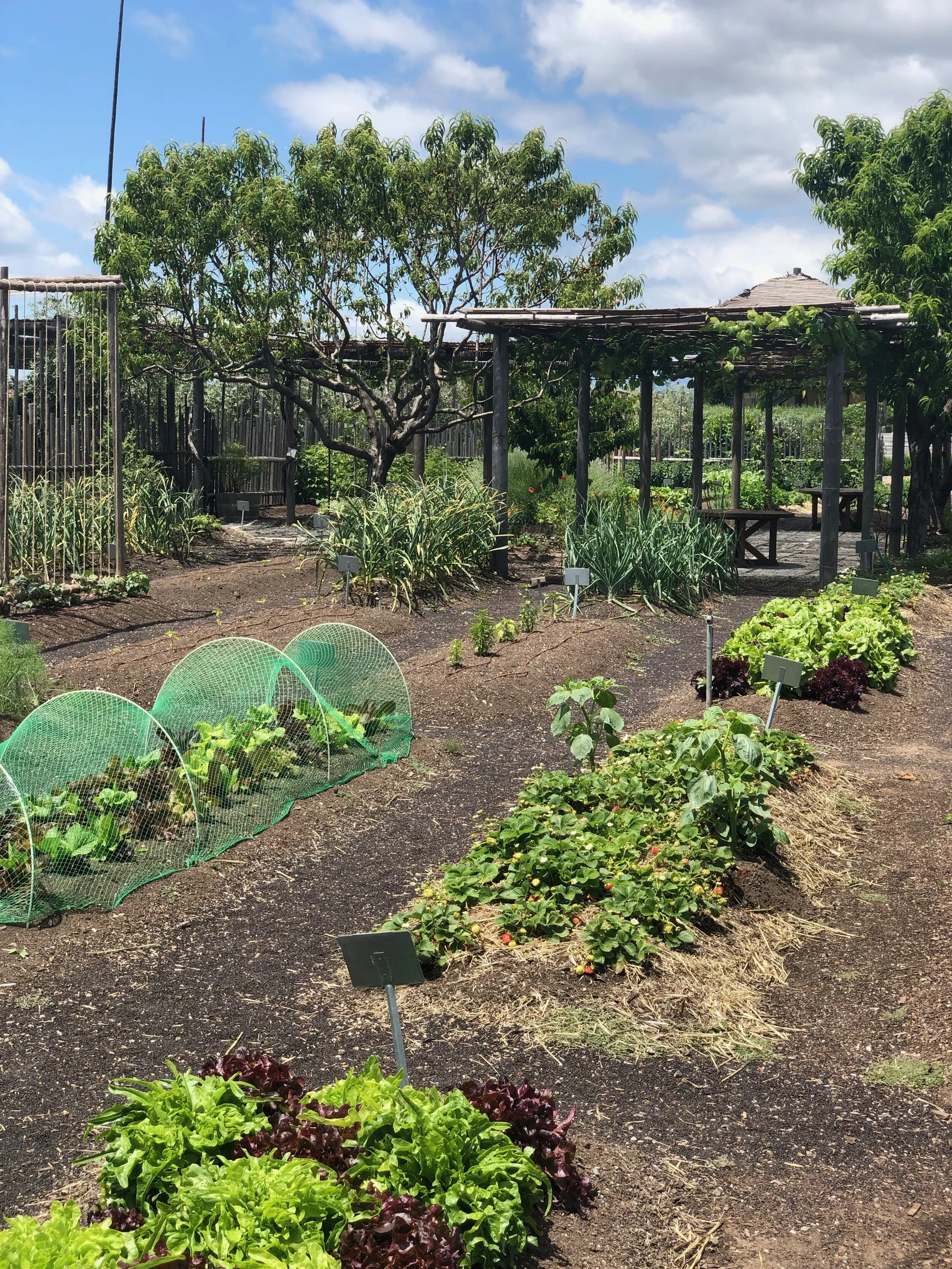Composting: How Your trash Can Save the Planet
While trying to find different ways you can be an eco-friendly superhero and save our precious planet, you’ve undoubtedly encountered the concept of “composting.” The great thing about composting is that it doesn’t require you to make any major lifestyle changes! You already throw away your food scraps, coffee grounds and tea bags (at least, I hope you do) — all composting asks of you is to throw it away in another bin. I’ve taken the time to explain why it’s important to dispose of these items separately, how you do it and which items apply. It’s one of the easiest things you can do to pack a MAJOR environmental punch.
WHAT IS COMPOSTING?: In short, composting is the practice of disposing organic waste into oxygen-rich conditions that allow it to break down naturally. This process creates humus (not the chickpea kind!), an organic substance rich with nutrients that can be reused to benefit ecosystems.
WHY TO COMPOST: When organic matter and food waste are dumped into landfills with other, non-biodegradable waste they end up rotting underground and producing methane gas, a greenhouse gas which is MANY times more potent and damaging than carbon dioxide. Also, food waste makes up about 1/3 of all human waste, so reducing this waste will free up space in landfills needed for other waste and reduce the energy and resources needed to haul it around — it’s a double whammy! Finally, the humus composting creates is magical fertilizer food for plants, and I don’t need to tell you why plants are so great, right?
WHAT TO COMPOST: The list of things you can compost might surprise you. For beginners, any food scraps with the exception of meat, dairy and fat/oil. That leaves things like egg shells, coffee grounds, fruit and veggie scraps, etc. Non-food items you can compost include tea bags, coffee filters, hair and fur, cotton and wool rags, shredded paper, wood chips and plant trimmings.
HOW TO COMPOST: All you need is a medium-size container with a tight fitting lid that fits under your sink or on your kitchen counter - like this one from Thrive Market! If you’re really concerned about the smell you can do as my sister does in her one-bedroom LA apartment and store your container in the freezer. Whenever you have food scraps and other compostable waste, simply toss it in there to keep it separate from your other trash.
WHERE TO DUMP COMPOST: This will vary by city, but only takes a little online research to find a place nearby where you can dump your compost. This could mean visiting a community garden or other designated compost collection site. Check out these resources for Chicago, NYC and Los Angeles for example. If you live in a magical place like Seattle, it’s as easy as putting your compost bin on the sidewalk with your other weekly trash and recycling for city collection.




